![]() Nov 24 2022
Nov 24 2022
![]()
When Kristina Smithe flew from Florida to California to run a marathon in 2019, she was disturbed by the number of cups she used for water and coffee during the trip. She is estimated to have used about 20 disposable cups during flights and races.
Thinking of the tens of thousands of runners participating in marathons and various events, as well as volunteers and cheering spectators, Smith can't help but feel that the sport of running must have caused a huge waste. She started thinking about the races that run every weekend—from small local 5Ks to gigantic marathons in big cities—and how their impact on the environment might be for any runner trying to help the planet. Shocking.
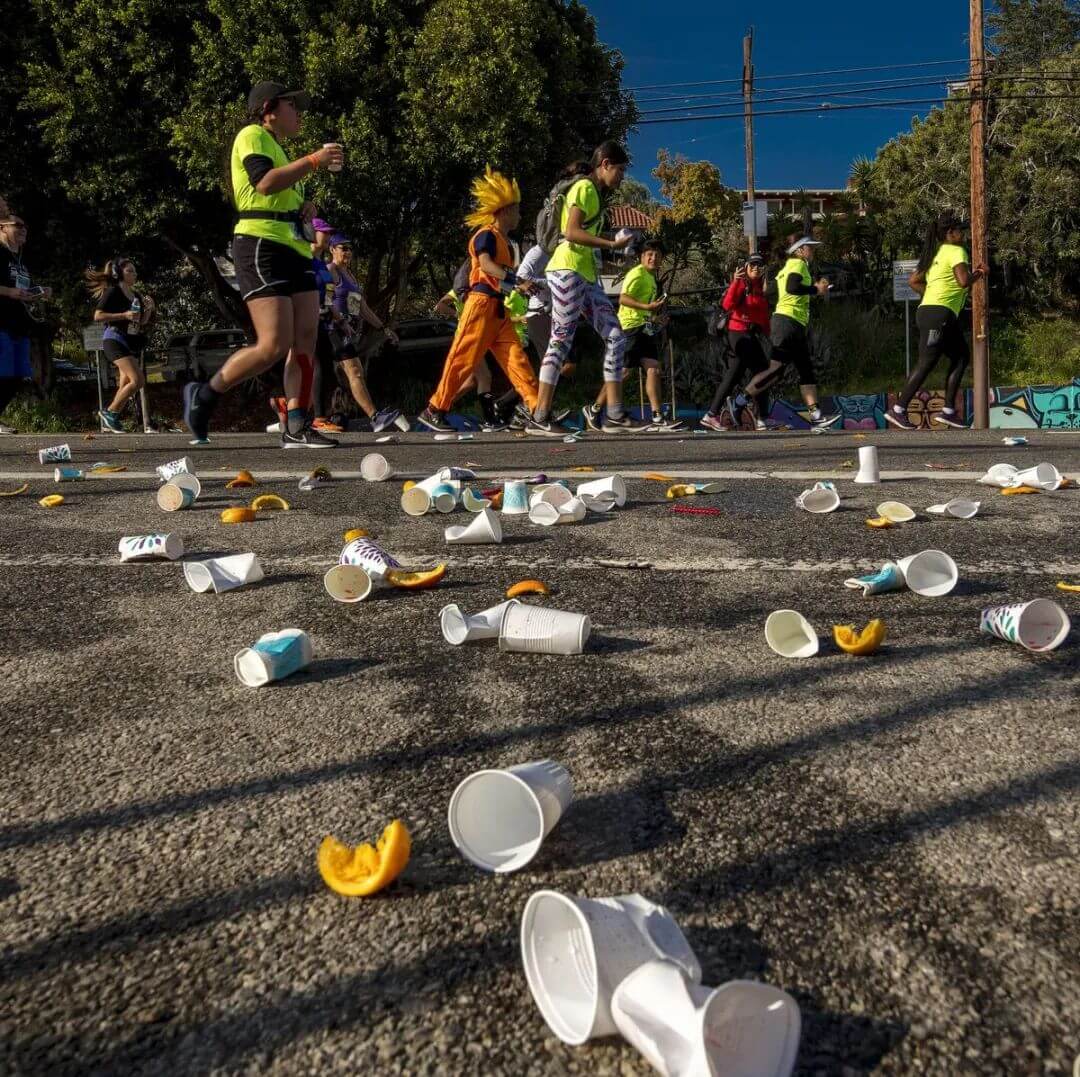
When it comes to road races, there is no doubt that if sustainability is not considered, these events will cause huge waste: paper promotional materials, course signs, and various foam race materials will eventually end up in the garbage dump. Compostable drinking glasses are a positive alternative, but need to be transported to and disposed of at a commercial composting facility. Single-use plastic items are often difficult or impossible to recycle; to make matters worse, they often end up in landfills or sewers.
According to a 2021 report by the National Academies of Sciences, Engineering, and Medicine, the United States produces far more unrecycled plastic waste than any other country in the world on a variety of metrics. According to the report, although only 4.3% of the world's population lives in the United States, each person cumulatively produces 287 pounds (about 130 kilograms) of plastic waste every year; of the 242 million tons of plastic waste generated globally in 2016, 42 million tons came from the United States.
But when it comes to sustainability, one of the things that resonate among race directors is that they seek a balance between promoting a high-quality entry experience and sustainable practices. Mainstream American road running events typically offer certain amenities to paying runners, such as entry t-shirts, medals, entry packs full of coupons and freebies, and disposable drinking glasses for on-track use.
Competitors are responsible for adhering to the “Leave No Trace” Outdoor Code, seven principles that help guide mountain etiquette and federal law.
Compostable cups are another option to help the race lessen its impact on the planet. However, Jordan pointed out that transporting these single-use cups to a suitable commercial composting facility can be time-consuming (simple example: volunteers need to complete the garbage sorting first) and an expensive process, and not all competition venues have processing centers.
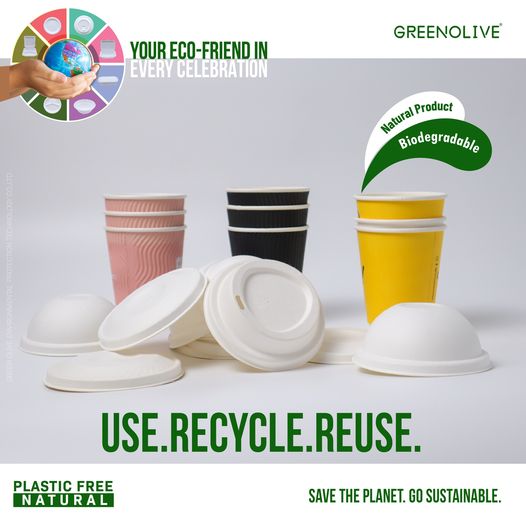
The California International Marathon provided more than 8,000 runners with compostable cups and placed a collection box from the environmental protection company TerraCycle to recycle GU energy gel packaging. In 2017 and 2019, the event was also certified Gold by the nonprofit Council for Responsible Spor (Responsible Sport).
"The California International Marathon diverted more than 7,000 pounds (about 75 percent, or about 3,175 kilograms) of waste during the race through sophisticated and systematic sustainability practices." Scott Abbott, executive director of the race Say. "We're spending tens of thousands of dollars not only to buy compostable cups but also to ship those cups to compostable facilities because we don't have the composting infrastructure in our area."
In the 2019 Xiamen Marathon, 37,000 runners used nearly 1 million biodegradable cups made of bagasse and corn stalks, and the use of single-use plastic water utensils was banned.
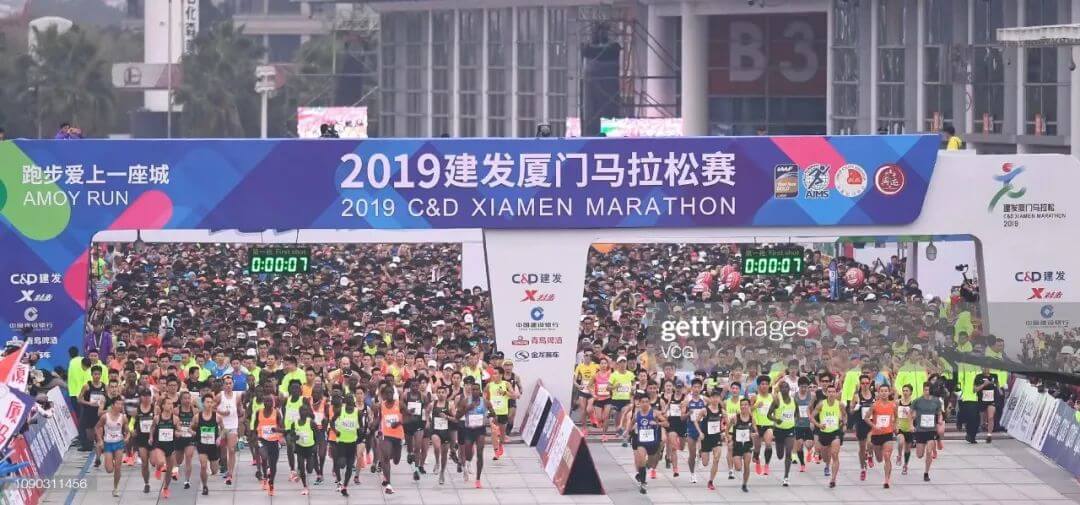
In 2019, the Xiamen Marathon became the first marathon in the world to join the UNEP "Clean Seas" program
The Rock Running Series prepares nearly 100,000 biodegradable cups for each event and stores the remainder in storage for upcoming races. In addition, starting in 2021, the event will encourage participants to use personal water equipment, hydration backpacks, or belts to carry their own supplies to reduce waste. But this is an optional option.
"We have to balance experience, quality, sustainability and making sure the uptake where we want us to go again," Keats McGonigal, vice president of North American operations for the series, told Runner Up. world".
PRODUCT CATEGORIES
![]() You May Also Like
You May Also Like
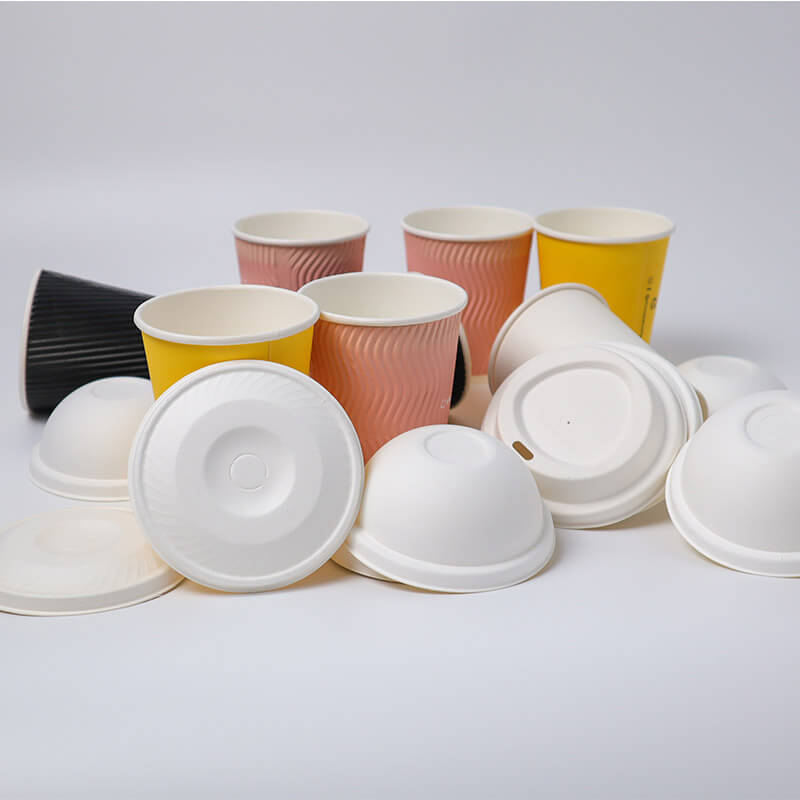
Custom Biodegradable Bagasse Pulp Cuplids, Coffee Paper Cup And Lids
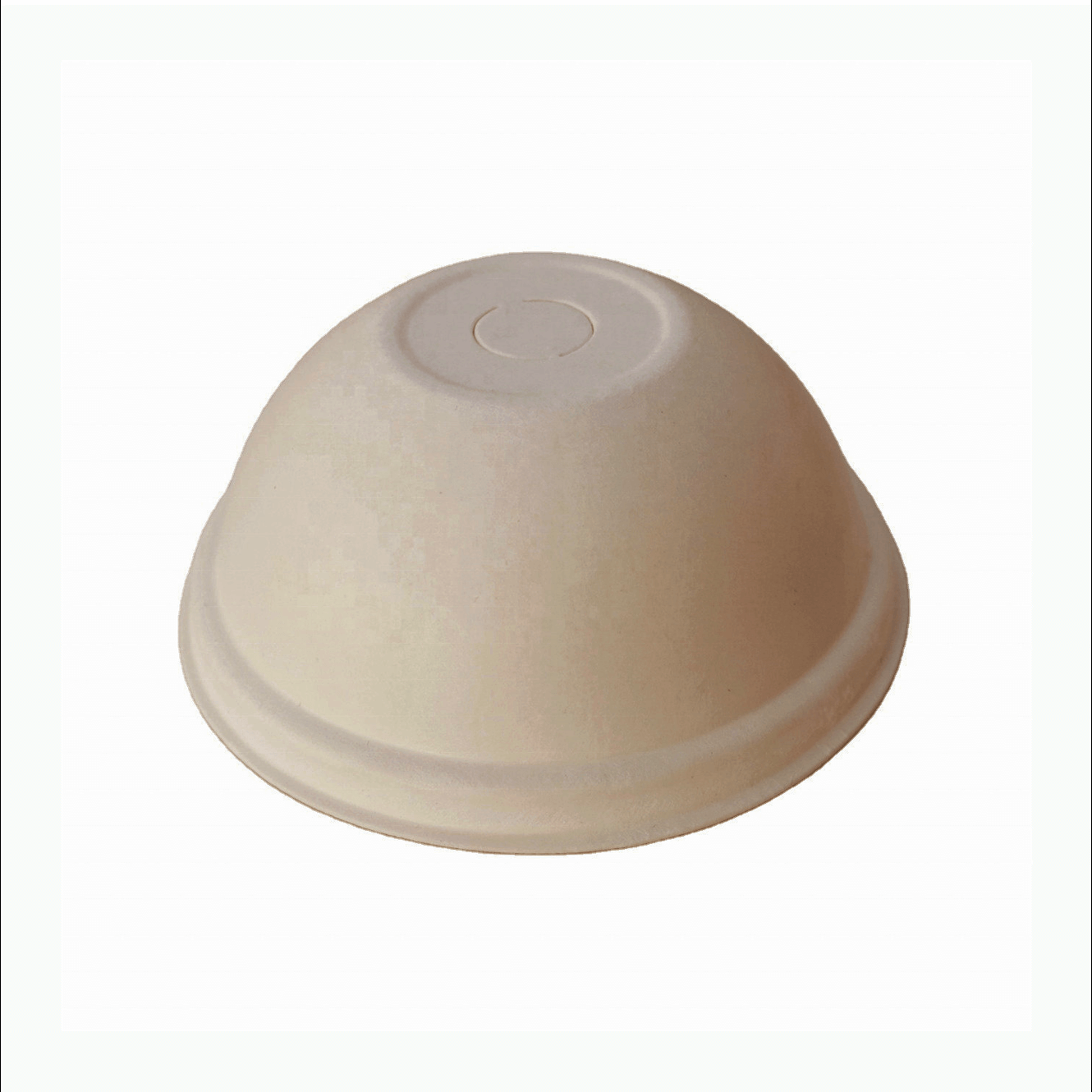
80mm Bagasse paper lid, dome shape, natural brown
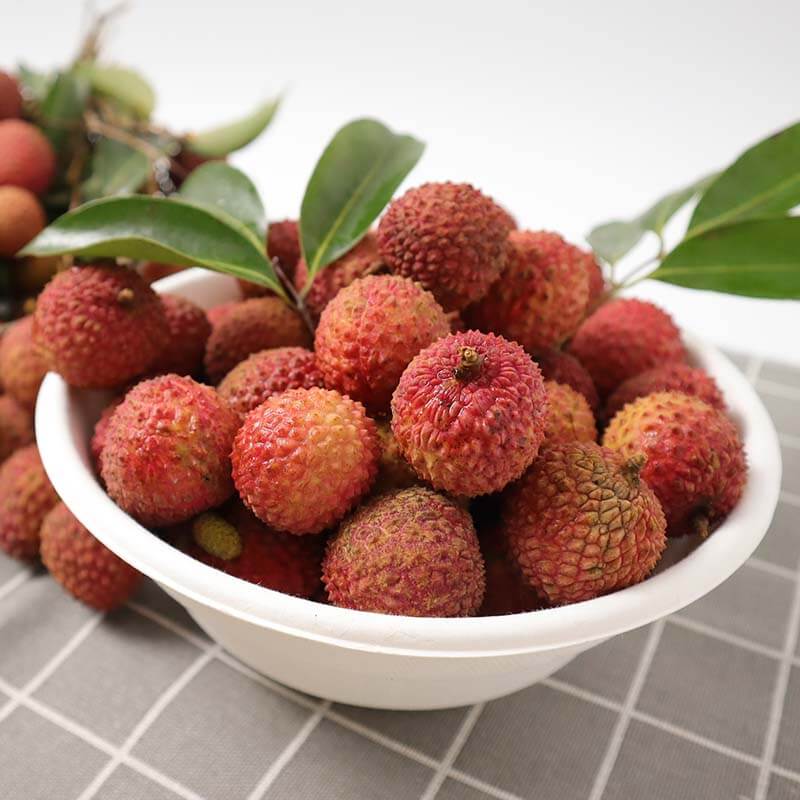
Wholesale Biodegradable Disposable Bagasse Salad Rice Fruit Bowl
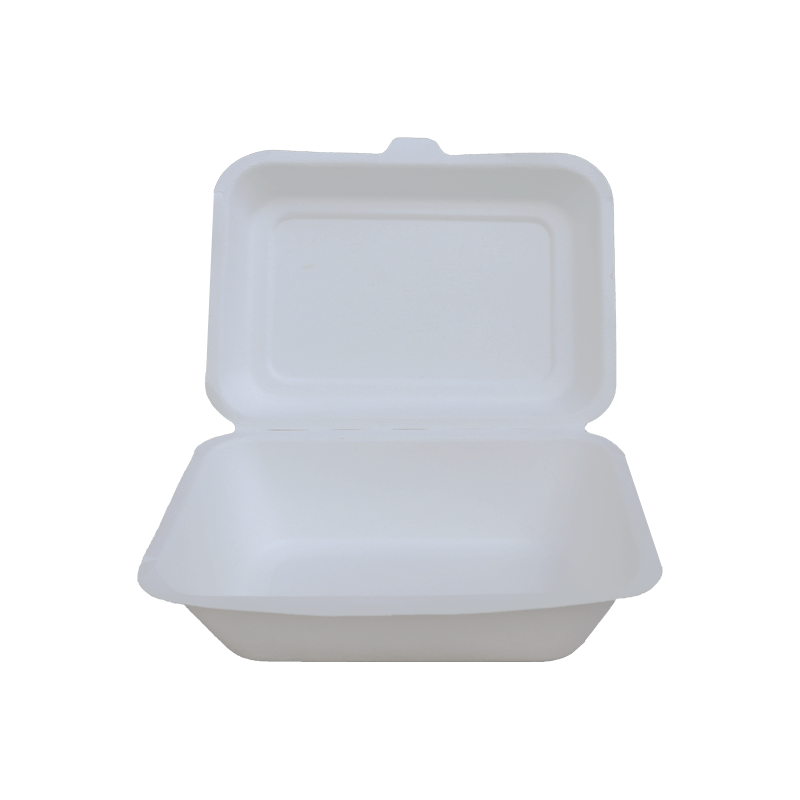
7 x 5 inch Rectangle bagasse clamshell, white
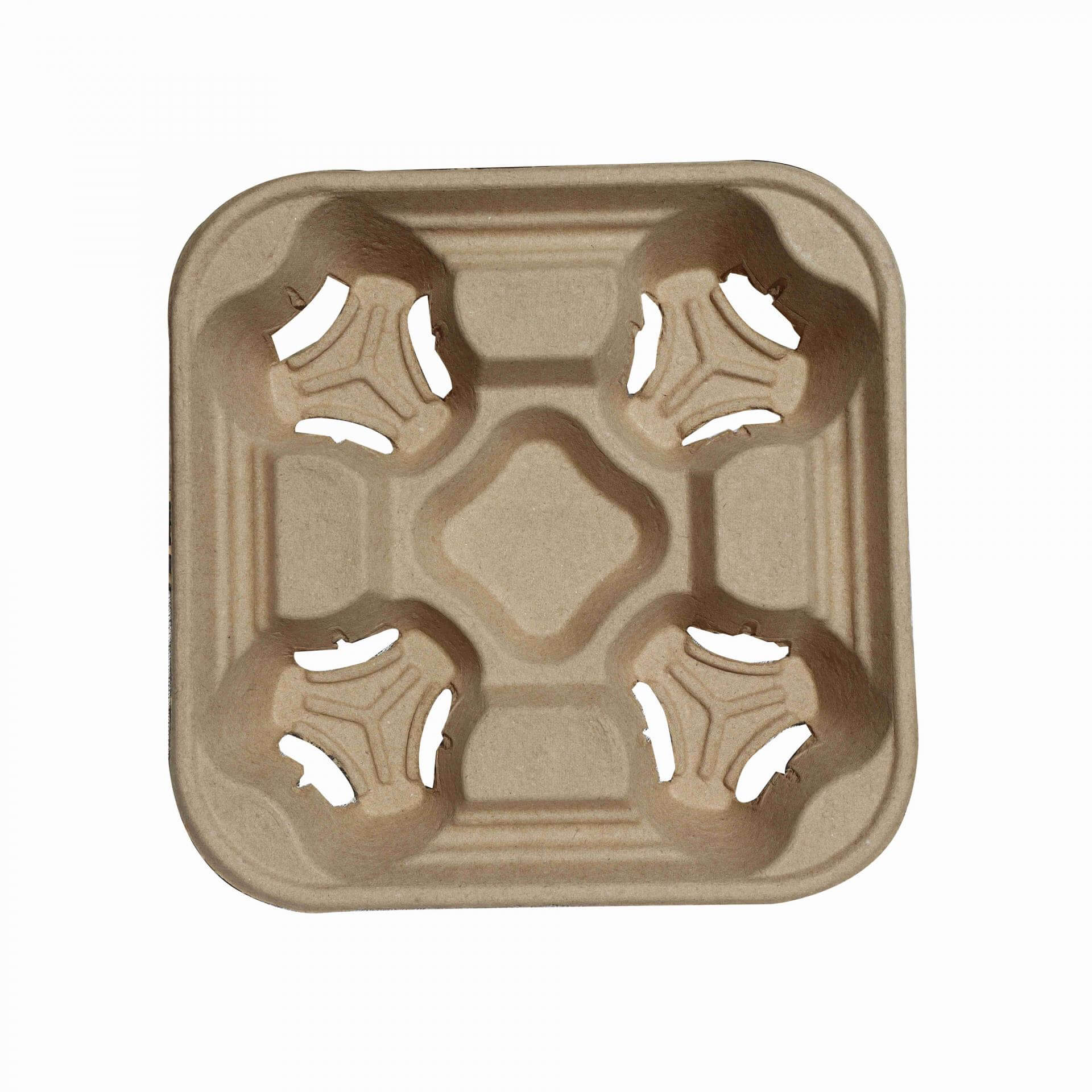
Corrugated pulp disposable 4 cup holder tray takeaway carrier
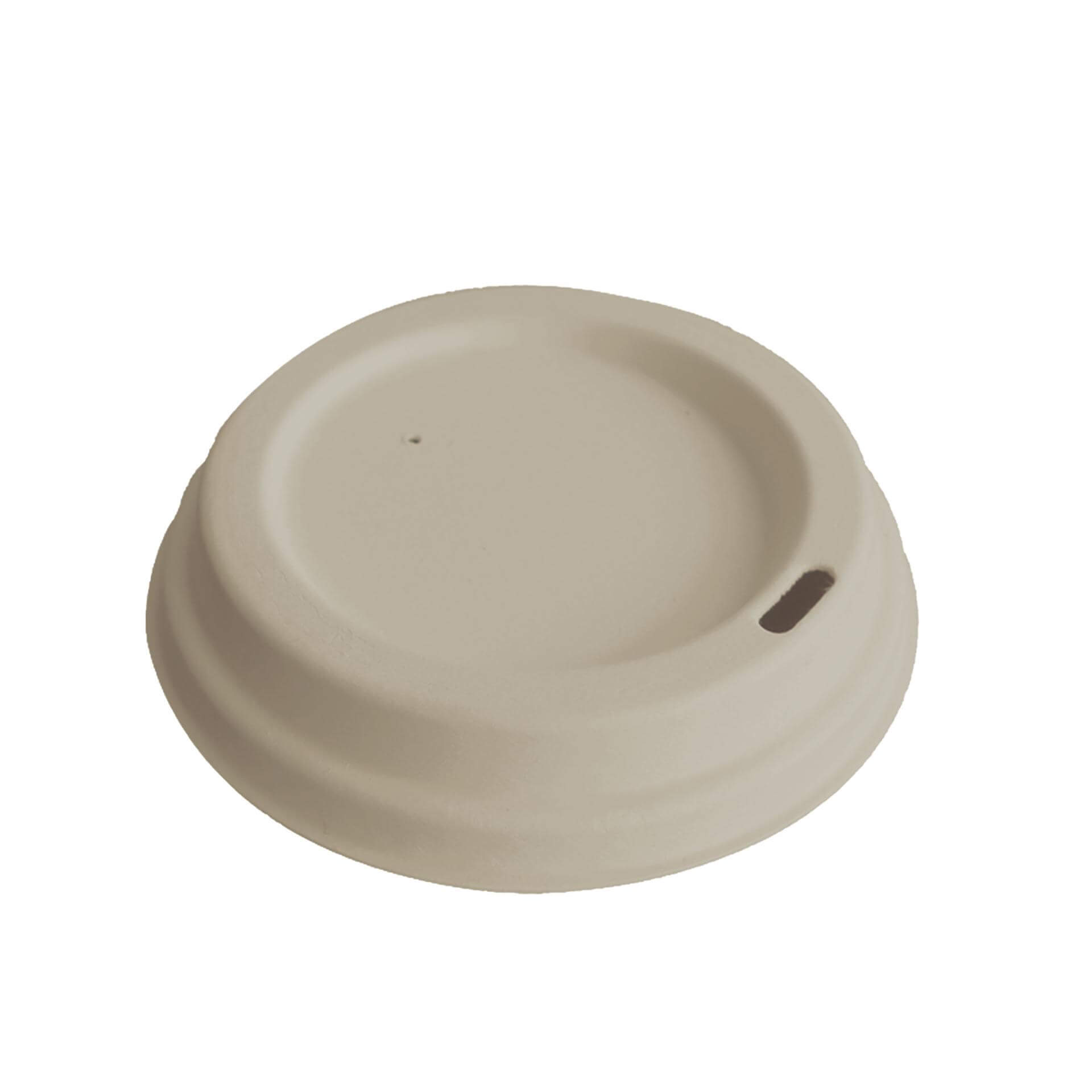
90mm natural brown sugarcane pulp sip lid, round design
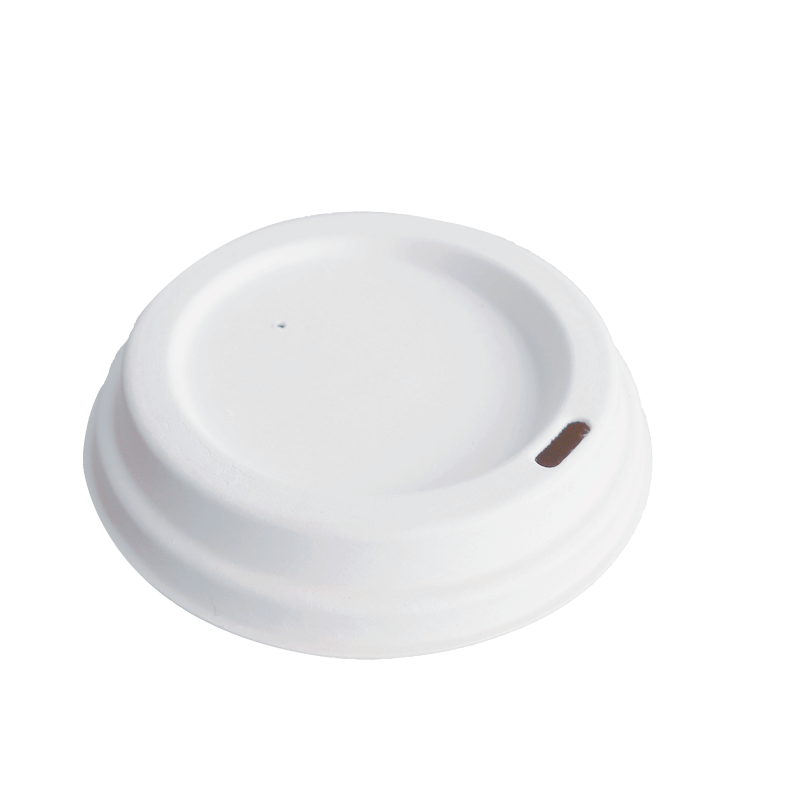
90mm White sugarcane pulp sip lid, round design
